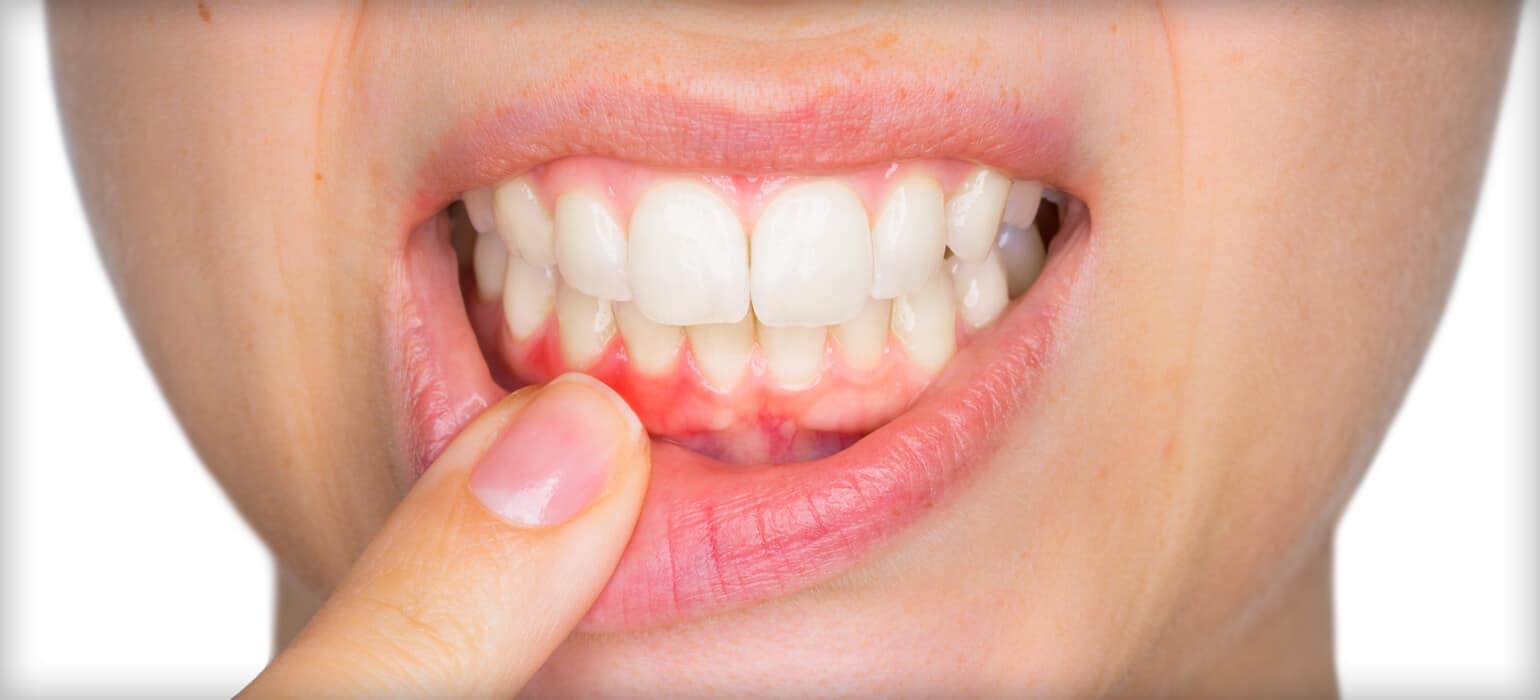Blog
Gum Disease Warning Signs Most People Miss

Gum disease is one of the most common oral health problems affecting adults, yet it often goes unnoticed in its early stages. Without treatment, it can progress to advanced periodontal disease, leading to tooth loss, bone damage, and other health complications. Knowing the subtle signs of gum disease can help you seek timely treatment and protect your smile.
Why Early Detection Matters
Healthy gums are the foundation of a strong, beautiful smile. When gum disease develops, harmful bacteria cause inflammation that can silently damage gum tissue and bone. Many patients don’t realize they have gum disease until it has advanced, making treatment more complex.
Early intervention can:
- Prevent tooth extractions due to severe gum damage
- Preserve bone structure and natural teeth
- Reduce the risk of other health issues linked to gum disease, such as heart disease and diabetes
Common Warning Signs People Often Miss
- Persistent Bad Breath
Occasional bad breath is normal, but ongoing halitosis can signal bacterial buildup beneath the gumline—a common sign of early gum disease. - Bleeding Gums While Brushing or Flossing
Many people assume bleeding gums are normal, but they’re often one of the first signs of gingivitis—the initial stage of gum disease. - Gum Recession or Teeth Appearing Longer
When gum tissue pulls away from teeth, it can expose the roots, causing sensitivity and increasing the risk of decay and infections. - Subtle Swelling or Redness
Healthy gums should be firm and pink. Even slight swelling or color changes can indicate early periodontal problems. - Changes in Bite or Loose Teeth
As gum disease progresses, teeth may shift, feel loose, or change the way they fit together when you bite down.
Risk Factors for Gum Disease
Certain habits and conditions can make you more susceptible to gum problems, including:
- Smoking or tobacco use
- Poor oral hygiene
- Hormonal changes (pregnancy or menopause)
- Chronic illnesses like diabetes
- Teeth misalignment, which can make cleaning difficult
Orthodontic treatment can reduce gum disease risk by properly aligning teeth for easier cleaning.
Preventing Gum Disease
The best defense against gum disease is consistent oral care and regular dental visits. Preventive services such as professional cleanings, periodontal evaluations, and even teeth whitening help keep gums healthy.
Patients with missing teeth from advanced gum disease may benefit from dental implants, which restore both function and appearance while protecting jawbone structure.
Treating Gum Disease
Treatment depends on the severity of the disease:
- Gingivitis: Can often be reversed with professional cleanings and improved oral hygiene.
- Early Periodontitis: May require scaling and root planing to remove plaque and tartar from beneath the gums.
- Advanced Periodontitis: In severe cases, surgical intervention or tooth extractions may be necessary to stop progression.
Protecting Your Smile
Recognizing the early signs of gum disease is essential for preventing long-term damage. With personalized care and advanced treatments like dental implants, orthodontics, wisdom teeth extractions, and even Botox for smile enhancement, you can protect your gums and teeth for life.
Schedule your appointment today to ensure your gums stay healthy and your smile stays strong.